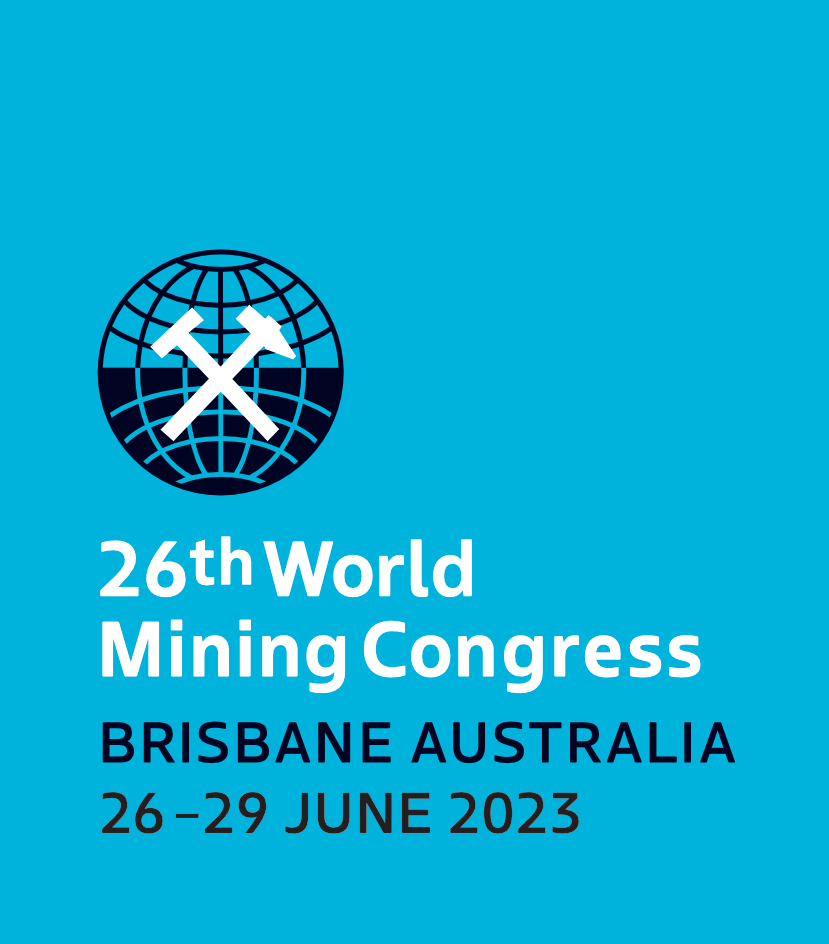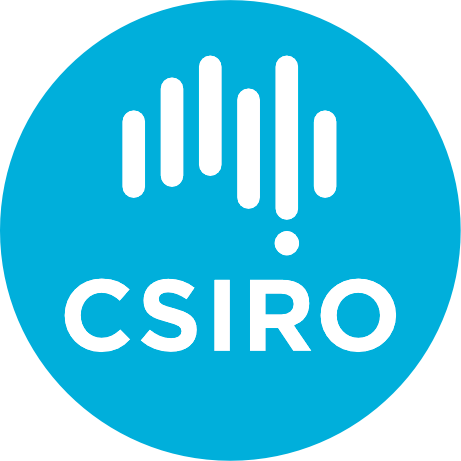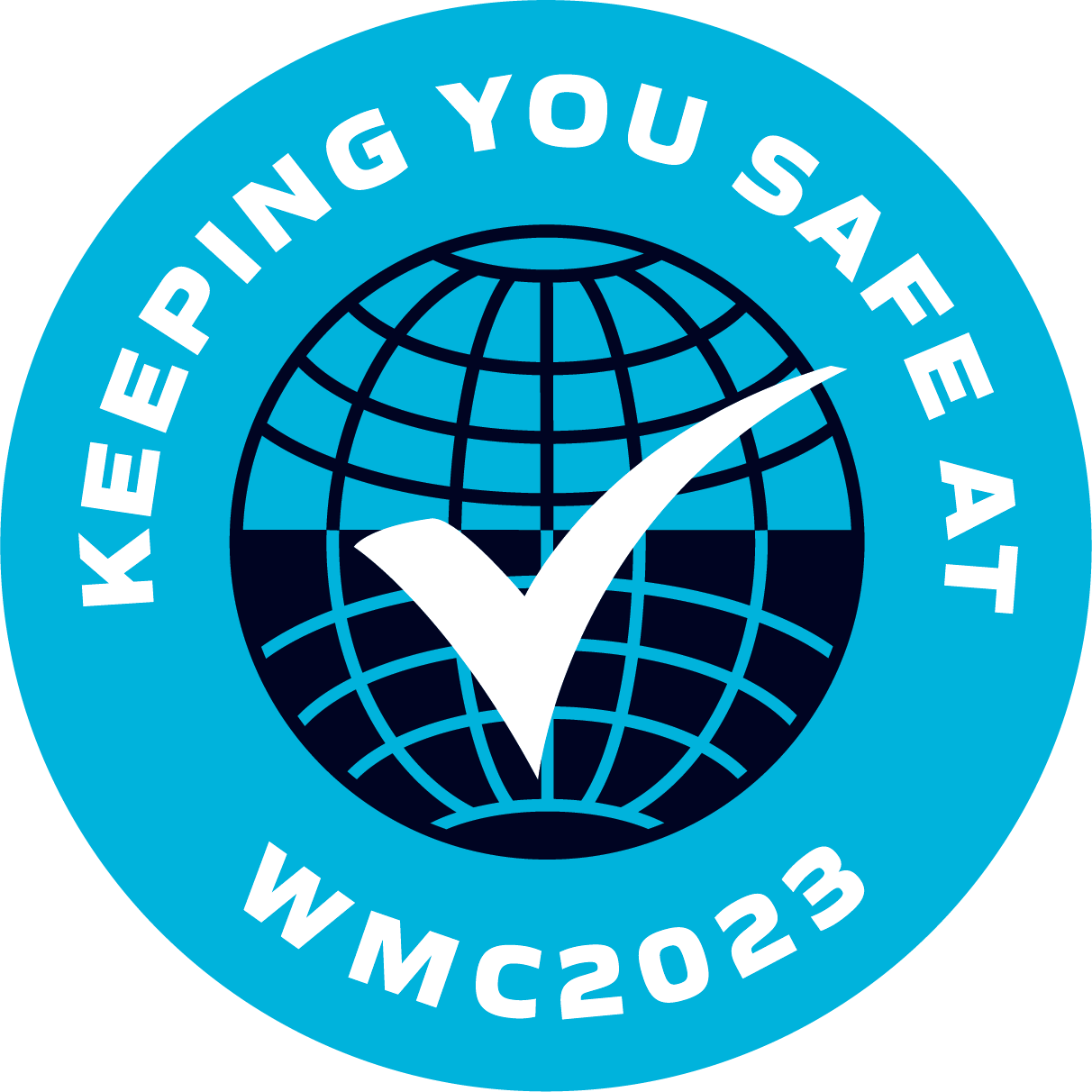Autonomous systems are being adopted by the mining industry; the rate of
adoption has increased since the first industrial introduction of
Autonomous Haulage systems in Australia circa 2008 and now spans drill
and blast through to processing and beneficiation.
Surface and underground operations are looking towards the introduction
of Autonomous Systems to improve productivity and deliver superior
outcomes in terms of Health Safety and the Environment. Advances in
processing automation and increasing yields and driving new levels of
sustainability in the sector.
In recognition of the above, this stream will consider three important
drivers that are required, in combination, to deliver the operational
benefits that Autonomous Systems can bring to Global Mining Operations.
- Technical Enablers,
- Organizational/Human Factors
- Change Management
We will explore these elements against using broad time frames;
-
Timeframe 1 – What mining and processing autonomy
does look like in 2023 in terms of capabilities and limitations
of existing technologies and use cases.
-
Timeframe 2 – What mining and processing autonomy
could look like in 2033
-
Timeframe 3 – What mining and processing autonomy
should look like in the more distant future
We will map the migration of Autonomous Systems from the wider
commercial and industrial landscape into at-scale Mining enabling, for
example, either motive/vehicular (e.g. trucks, trains. loaders,
ancillary equipment etc) or advanced AI enabled decision making systems
(e.g. process control, human safety tracking etc)
We acknowledge that Autonomous (Mining) Systems embed, at
industrial-scale, elements of Artificial Intelligence - defined as a
collection of interrelated technologies used to solve problems and
perform tasks that, when humans do them, requires thinking. Generally we
recognise this will encompass a subset of the following elements,
- Machine learning
- Speech
- Vision
- Language Processing
- Expert Systems
- Planning and Optimisation
We wish to explore what steps the ecosystem should take to build a
pathway to enable platform component interoperability which will promote
the more extensive exploitation of this exciting technology across the
Mining industry.
We also wish to explore the important role of the regulator in assessing
and approving use of Autonomy in the mining industry. This is required
to enable the at-scale implementation of a functionally safe autonomous
technology supported workplace. This exploration will cover the need for
the mine owners, equipment manufacturers and regulators to coordinate
activities to achieve this outcome.
The Autonomous Systems stream will bring together the perspectives of
mining companies, equipment manufacturers, technology providers and
researchers.
Importantly, this workstream will look beyond pure technology to explore
and understand human factors, organizational and change management
elements that must be addressed to maximise the value that Autonomous
Systems offers. We note that these drivers are essentially
Trust Based, we intend to explore, at a more fundamental level,
how they can be engineered into the operating landscape.






















































